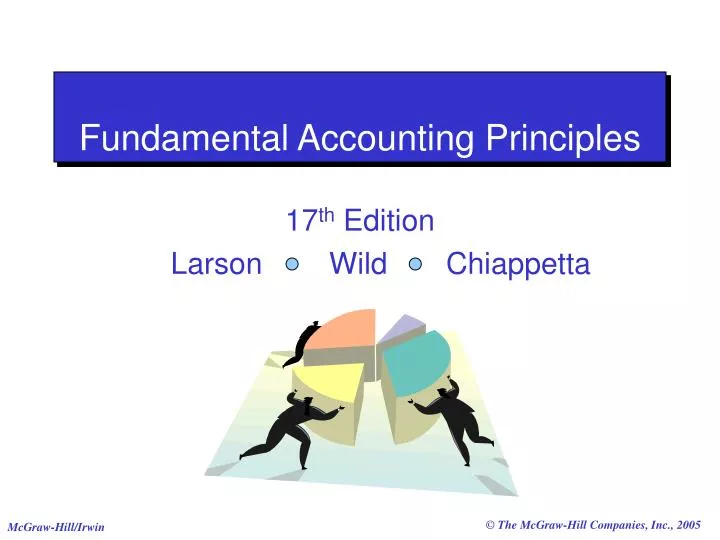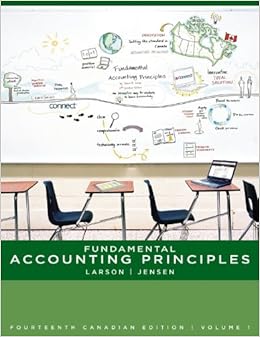
This is the idea behind the "continuous usage" principle. When you've settled on a particular accounting principle or approach, you should stick with it until you find one that's demonstrably superior to the one you've chosen. Additionally, an accountant may write inventory down to a value that is less than the original cost, but an accountant will not write inventory up to a value that is greater than the original cost. This applies even if the potential losses exceed the potential gains. For instance, possible losses from lawsuits will be mentioned on the financial statements or in the notes, but prospective gains will not be declared at all. The fundamental principle of conservatism in accounting requires accountants to estimate or disclose losses, but it does not permit a comparable action to be taken in the case of gains. It is expected of accountants that they will be impartial and neutral. It does not instruct accountants to adhere to a cautious approach. The accountant is able to "break a tie" with the help of conservatism. When faced with a scenario in which there are two valid options for reporting an item, a prudent accountant will follow the advice of the conservative school of thought and select the one that will provide a lower amount of nett income and/or a lower asset number. This idea has the potential to be taken to an extreme, which would be the case if a company consistently misstated its results to be worse than what was actually the case. On the other hand, this theory tends to favour the earlier recording of losses rather than the later recording of those losses. This gives the financial statements a more cautious tilt, which may result in lower reported profits due to the possibility that the recognition of income and assets would be delayed for some period of time.

This refers to the idea that you should keep track of your expenditures and liabilities as soon as it is humanly possible, but that you should wait to record your revenues and assets until you are certain that they will materialise. This could result in a protracted delay due to the fact that the payment terms for the related supplier invoice are quite stringent. If you chose to disregard the accrual principle, for instance, you wouldn't be able to record an expense until you had actually paid for it.

This is because it allows the statements to accurately reflect the state of the business. It is essential for the compilation of financial statements that indicate what occurred during an accounting period, rather than being unduly delayed or accelerated by the accompanying cash flows. This serves as the basis for accounting that is done on an accrual basis. This refers to the idea that transactions in accounting should be reported in the accounting period in which they actually take place, as opposed to recording them in the period in which the cash flows related with those transactions occur. The following are some of the most well-known of these principles: They serve as the foundation upon which the entire body of accounting standards has been constructed, making them an essential component. Through the process of common usage, a number of fundamental accounting principles have been formed.

These rules and standards are based on the Australian Accounting Standards. The Australian Accounting Standards Board (AASB) in Australia uses the basic accounting principles and guidelines as a basis for developing their very own complete and comprehensive set of accounting rules and standards.

These are referred to as fundamental accounting principles and guidelines, and they serve as the foundation upon which more specific, technical, and legally-oriented accounting standards are built. In the subject of accounting, there are some overarching principles and guidelines that must be followed.


 0 kommentar(er)
0 kommentar(er)
